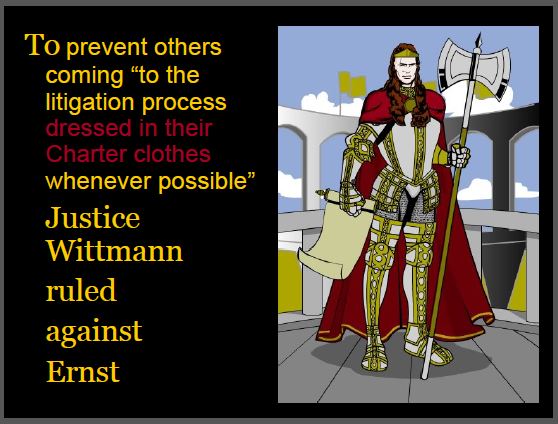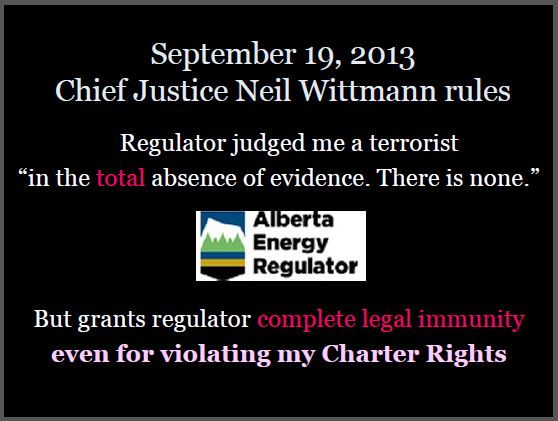Highest Court to Weigh in on a Dispute Over Water by Jim Malewitz, September 4, 2014
AUSTIN — Steve Lipsky’s tainted water well has already stirred a national debate about the impacts of oil and gas production. Now it stars in a free-speech dispute that has landed in the state’s highest court — the biggest test of a law meant to curb attempts to stifle public protest.
So much methane has migrated into the well on Mr. Lipsky’s Parker County estate that he can ignite the stream that flows from it. Mr. Lipsky blames the phenomenon on nearby gas drilling in the Barnett Shale. In the past three years, he has shared those suspicions in YouTube videos, the film “Gasland Part II” and news reports.
A local drilling company, Range Resources, has maintained that it was not to blame for the contamination. In 2011, the company filed a lawsuit against Mr. Lipsky; his wife, Shyla Lipsky; and Alisa Rich, a toxicologist the couple hired to test their well. The $3 million suit accuses the three of conspiring to “defame and disparage” Range Resources and force federal regulators to intervene. Range representatives did not respond to requests for comment.
In 2010, the Environmental Protection Agency accused Range of tainting the well and ordered the company to provide drinking water to Mr. Lipsky and a neighbor. But the agency withdrew that order after Texas regulators said Range was not linked to the contamination. …
Lawyers for the Lipskys and Ms. Rich have asked courts to dismiss the suit, pointing to a 2011 tort reform law intended to protect free speech. The law opens the door for the early dismissal of meritless legal claims filed to intimidate critics — so-called Strategic Lawsuits Against Public Participation, or Slapps, that seek to quiet opponents by drowning them in legal fees.
“It’s them trying to intimidate other people, meaning, ‘How dare you ever accuse us of something like this?’ ” Mr. Lipsky, who pays $1,000 a month to truck in water from nearby Weatherford, said of Range Resources.
After a lower court allowed Range’s lawsuit to proceed, the Second District Court of Appeals in Fort Worth ordered that court to set aside all charges except the defamation and disparagement allegations against Steve Lipsky. The court said Range provided no clear evidence that the others had conspired with him. Now, the Texas Supreme Court will weigh in, with oral arguments scheduled for Dec. 4. First Amendment lawyers, who say lower courts have inconsistently applied the law, will watch closely.
“It’ll be nice if the Texas Supreme Court could provide us with a nice, clear interpretation of that evidentiary standard,” said Alicia Calzada, an associate at the law firm Haynes and Boone. (Haynes and Boone is a corporate sponsor of The Texas Tribune.)
In court documents, Range Resources argues that the “case is important because it illustrates that dangerous and chilling effect” of the 2011 law when it is “misconstrued or misapplied.”
Joe Sibley, a lawyer for the Lipskys, said the only chilling effect came from Range’s actions. “That’s exactly what the First Amendment is for — it’s to allow people to express those ideas,” he said. “This is probably the poster child for what Slapp is.” [Emphasis added]
[Refer also to:
 Slides from Ernst presentations
Slides from Ernst presentations
Crown counsel argued that Alberta landowner Jessica Ernst’s case could inspire ‘millions or billions of dollars worth of damages’ in subsequent lawsuits against the province.
An Alberta government lawyer argued in court this week that Jessica Ernst’s lawsuit on hydraulic fracturing and groundwater contamination should be struck down on the grounds that it would open a floodgate of litigation against the province.
“There could be millions or billions of dollars worth of damages,” argued Crown counsel Neil Boyle. ]

